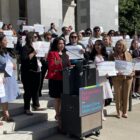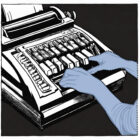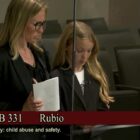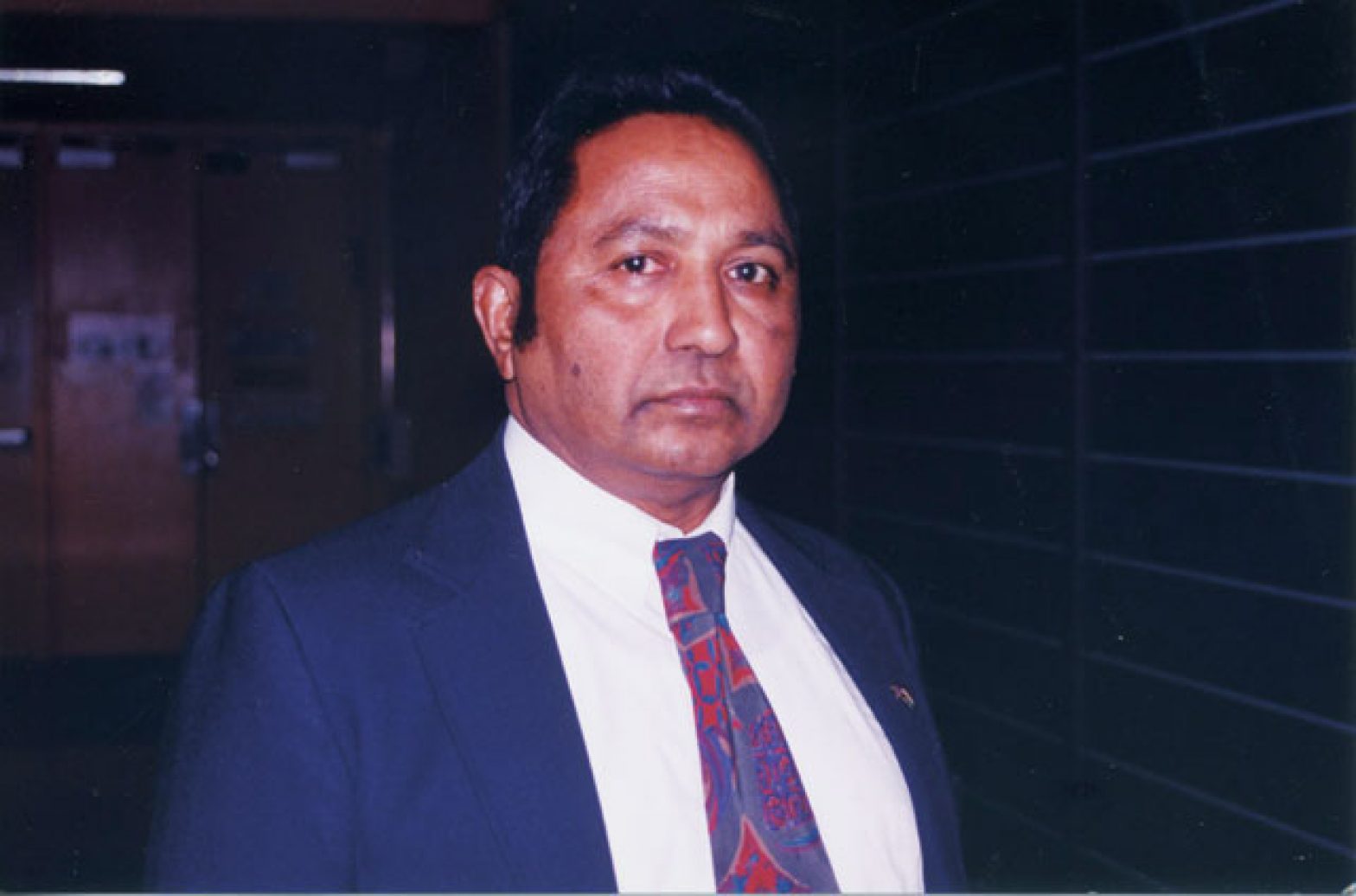Government & Politics
Recent Policy Reforms May Help California Domestic Violence Survivors Stay Housed
Domestic violence survivors in the Golden State are getting some help in the form of recent regulatory reforms. That includes one policy that prohibits some landlords from rejecting housing applicants based on their credit histories, which often suffer in abusive situations.
But more big fixes are needed, a UCSF report notes, like additional domestic violence shelters and better coordination of shelter and social service intake systems. Many women find today’s homeless shelter settings unsafe, so they opt to sleep on the streets after they leave an abusive partner.










